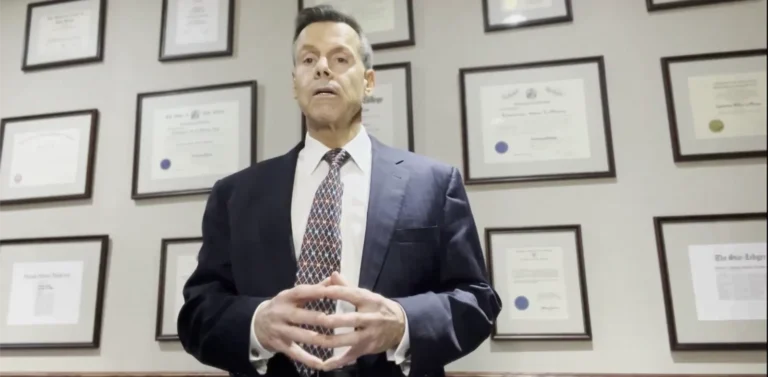Fatigued Driver Car Accident Lawyers
It’s easy to become overwhelmed by daily life. In between work, family, and personal stresses, everyone becomes exhausted sometimes. And because it’s often not feasible to slow down and rest, many people get behind the wheel when they’re fatigued.
That might not sound like a big deal. But ultimately, the truth is that tired drivers are negligent drivers. If you’ve been hurt in a car crash caused by someone too tired to drive, the fatigued driver car accident lawyers at Garces, Grabler & LeBrocq may be able to help.
Why Is Fatigued Driving So Dangerous?
It’s easy to dismiss fatigued driving as a normal fact of life. However, research has indicated that in some cases, driving while drowsy or fatigued can be comparable to driving drunk.
Tired drivers who have been awake for 20 hours have a level of impairment equivalent to someone with a blood alcohol content (BAC) of 0.08% — that’s right at the legal limit. Drivers who have been awake for a full 24 hours have an impairment equal to that of someone with a BAC of 0.1%.
However, you don’t have to be awake that long to be a danger to yourself and others on the road. A revealing study conducted by the AAA Foundation for Traffic Safety found that even missing out on a few hours of sleep can make getting into an accident more likely.
Compared to people who had slept seven hours or more in the past 24 hours, those with less sleep multiplied their risk of getting in a crash by the following amounts:
- Drivers Who Slept 6-7 Hours:3 times the crash rate
- Drivers Who Slept 5-6 Hours: 9 times the crash rate
- Drivers Who Slept 4-5 Hours:3 times the crash rate
Unfortunately, it’s difficult to determine how many car accidents include fatigue as a contributing factor. Police can test a driver’s blood alcohol content, but there’s no test for fatigue.
No Fee Unless
GGL Wins
Common Causes of Driver Fatigue
What’s responsible for causing driver fatigue? Unfortunately, there are many potential causes for driving drowsy. For some people, fatigue on the road is simply caused by not getting a good night’s sleep, but some risk factors may make getting into a crash even more likely.
Working as a Commercial Truck Driver
Commercial truck drivers aren’t just awake for many hours at a stretch — they’re driving the whole time. And if you’ve ever been on a long road trip, you know that it’s easy to start getting tired when you’re driving for many hours in a row.
There are regulations in place that limit the time a commercial truck driver may spend behind the wheel before stopping to rest. However, some unscrupulous trucking companies may not implement or enforce these regulations.
And even if a truck driver follows those regulations exactly, they’re still spending long hours behind the wheel. That can lead to dangerous levels of fatigue while driving.
Doing Irregular Shift Work
Even if you work during the day, you might find yourself getting drowsy on the way home. But if you do shift work (either working irregular shifts or night shifts), that drowsiness combined with a disrupted circadian rhythm makes getting in a crash that much more likely.
Having an Untreated or Undiagnosed Sleep Disorder
When a sleep disorder is properly diagnosed and treated, symptoms are usually controlled well enough not to cause problems. However, it’s possible to have a sleep disorder and not even know it. For instance, before getting a sleep study done, many people with sleep apnea don’t know they have it. Their only symptoms might be feeling tired during the day.
Someone with an undiagnosed sleep disorder might think their serious fatigue is just normal tiredness. This means they may unintentionally be putting themselves and other drivers at risk.
Having a Medical Condition or Taking Medication That Causes Fatigue
Sleep disorders aren’t the only medical problems that can cause fatigue. For example, many people with iron-deficiency anemia report significant tiredness that does not improve with rest.
Similarly, some prescriptions — even when taken exactly as prescribed — can cause drowsiness behind the wheel. Allergy medications, sleep aids, and some antidepressants can make drivers more drowsy.
Being Under the Influence of Alcohol or Other Drugs
Prescription drugs can cause fatigue and drowsiness behind the wheel, but so can alcohol and some kinds of illicit drugs. Non-prescription opioids and marijuana are especially likely to cause problems.
Common Injuries in Accidents Caused by Driver Fatigue
Fatigued drivers can cause fender-benders, but they also can be responsible for catastrophic accidents. These are some of the injuries driver fatigue can cause — both to other drivers and the fatigued drivers themselves.
Internal Bleeding
If you aren’t bleeding after a car accident, that doesn’t necessarily mean you aren’t hurt. Sudden, severe impacts can cause damage inside your body, causing internal bleeding.
If a medical professional discovers your injuries soon enough, they can often be treated. However, if internal bleeding continues, it can cause death within hours. It’s always important to seek medical attention right after a car accident — even if you think you aren’t seriously hurt.
Concussions and Other Traumatic Brain Injuries
There are two main ways brain injuries can happen. One is when you sustain a serious blow to your head. For instance, if you’re flung forward into the windshield after a car crash, you might suffer a concussion or another kind of traumatic brain injury (TBI).
The other way you can get a concussion or another kind of TBI is when your brain forcefully moves or twists inside your skull. For example, if you’re driving and hit a wall, the impact makes your car come to a sudden stop. Thanks to inertia, your brain keeps moving forward, striking the inside of your skull.
Spinal Cord Injuries
Even though your spinal cord is protected by vertebrae (the individual bones that make up your backbone), it’s not immune to injury. If your spinal cord is injured, you may experience a lack of feeling or difficulty with movement.
The most severe kinds of spinal cord injuries are “complete” injuries, meaning the cord is completely severed. When this happens, there is no ability to feel or move the area of the body under the injury.
Broken Bones
If a fatigued driver causes a car accident, you might suffer broken bones. Some very mild fractures might be able to heal on their own, but if you have a serious fracture (like a bone being shattered into multiple pieces), you’ll likely need surgery to repair it.
Wrongful Death
Unfortunately, some fatigued drivers cause fatal accidents. If you have lost a loved one due to a fatigued driver’s negligence, you may be able to pursue a wrongful death claim. Compensation won’t bring back your loved one, but it can cover funeral expenses, medical bills, future earnings, and other expenses.
Tips for Preventing Driver Fatigue
Everyone finds themselves tired from time to time. When you understand some of the ways to prevent fatigue behind the wheel, you can keep yourself and others on the road safer.
Get Enough Sleep the Night Before
This is the most reliable way to avoid being fatigued as you drive. If at all possible, get at least seven hours of sleep — especially before a long drive.
Don’t Start Long Car Trips Late in the Day
Starting a long trip late in the day is a bad idea for a couple of reasons. When you’re already tired from daily tasks, you’re more likely to get drowsy while driving. And thanks to your circadian rhythm, you’re likely to feel more tired after the sun sets.
Take Breaks
If you’re tired on a long drive, taking breaks every few hours is a very effective way to keep yourself awake and alert. Try stopping at rest stops to walk around and stretch your legs. If your tiredness persists, taking a short nap at a rest stop may be helpful.
Avoid Alcohol Before Driving
You already know that alcohol makes you drowsy, so drinking before driving is a bad idea. Even if you’re below the legal limit, being under the influence can be enough to cause a crash.
Avoid Heavy Meals Before Driving
Heavy, rich meals often make you feel tired as you digest them. Lighter foods will give you energy without making you feel weighed down.
Take Steps to Stay Alert
Even if you take all possible precautions, you could find yourself still struggling with tiredness behind the wheel. You might try these tactics to help you focus:
- Turning down the temperature in the car
- Playing loud, energetic music
- Changing radio stations often
- Avoiding cruise control (so you stay more involved in driving)
Ultimately, the goal of these strategies is to keep the car environment as stimulating as possible. The more energizing the environment, the less likely you are to be overcome with fatigue.
Need a Fatigued Driver Car Accident Lawyer? Call GGL Today.
Staying well-rested and making sure you’re alert behind the wheel reduces your risk of causing an accident. Unfortunately, there’s no way to make sure the drivers around you are awake enough to drive. If one of these drivers falls asleep behind the wheel or even gets distracted for a moment, they can cause a serious accident.
If you’re injured by a fatigued driver, you might face significant hardships, including high medical bills, time off work, and physical disability. And while some injured people are able to make a full recovery, others may suffer lifelong consequences.
The fatigued driver car accident lawyers at Garces, Grabler & LeBrocq believe that if someone’s negligence causes an accident, that person should be held accountable. We’ve recovered more than $1 billion for our injured clients, and we’re ready to fight for you.
Compensation can’t undo the accident, but it can make your day-to-day life easier while you recover.
If you’ve been hurt by a fatigued driver, fill out our online contact form or give us a call at 800-923-3456 to set up a free consultation.
Related Practice Areas
No Fee Unless
GGL Wins
We've got you covered.

OFFICIAL PARTNER OF RUTGERS ATHLETICS
Recent GGL Wins
Auto Accident
31-year-old man who was cut off by another car causing his car to flip over. He sustained head injuries, facial injuries, and half of his pinky finger was amputated.
$3 Million
Verdict
Auto Accident
Mediation award Plaintiff was injured in an intersection motor vehicle collision resulting in neck and low back fusion surgeries. Read more…
$2 Million
Verdict
Auto Accident
Female passenger in vehicle rear-ended on Parkway. She sustained herniations resulting in multiple injections; a percutaneous discectomy; invasive surgery; and ultimately a percutaneous pain stimulator trial which did not result in a final implantation. There was no wage loss. Case settled for $1.6 Million. The primary carrier (NJM) paid $1Million and the insured’s excess carrier paid $600K







